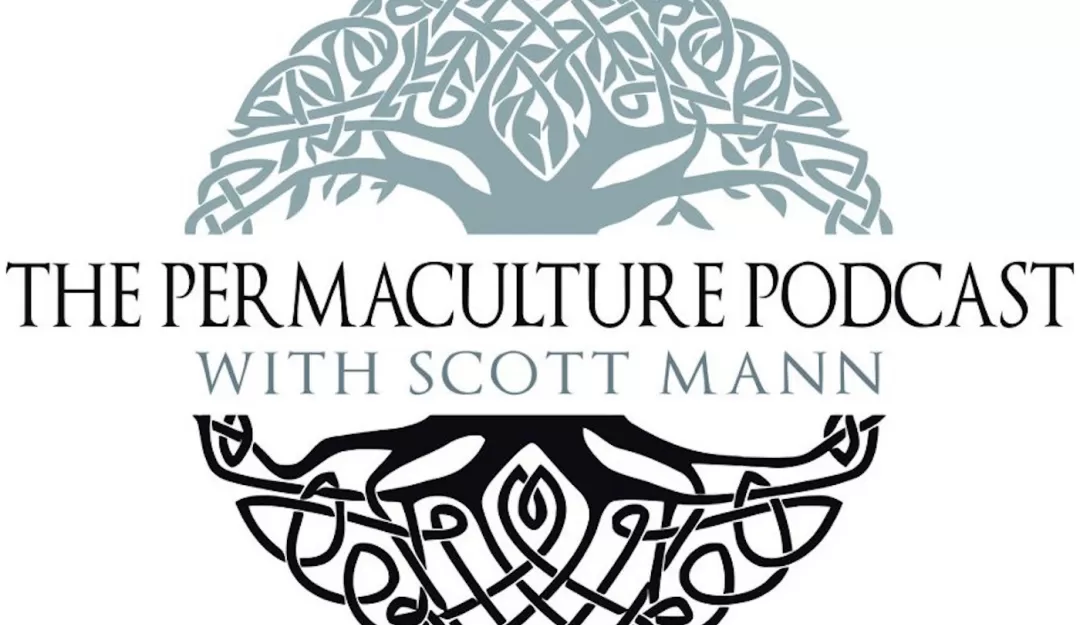Visit Our Partners:
Wild Abundance - Top 10 Vegetables to Grow that Will Really Feed You!
Marjory Wildcraft - How to Grow Food!
Donate Directly to the Podcast: PayPal -or- Venmo @permaculturepodcast
Join Our Patreon Community: Patreon.com/permaculturepodcast
Want to listen to more conversations about Permaculture?


